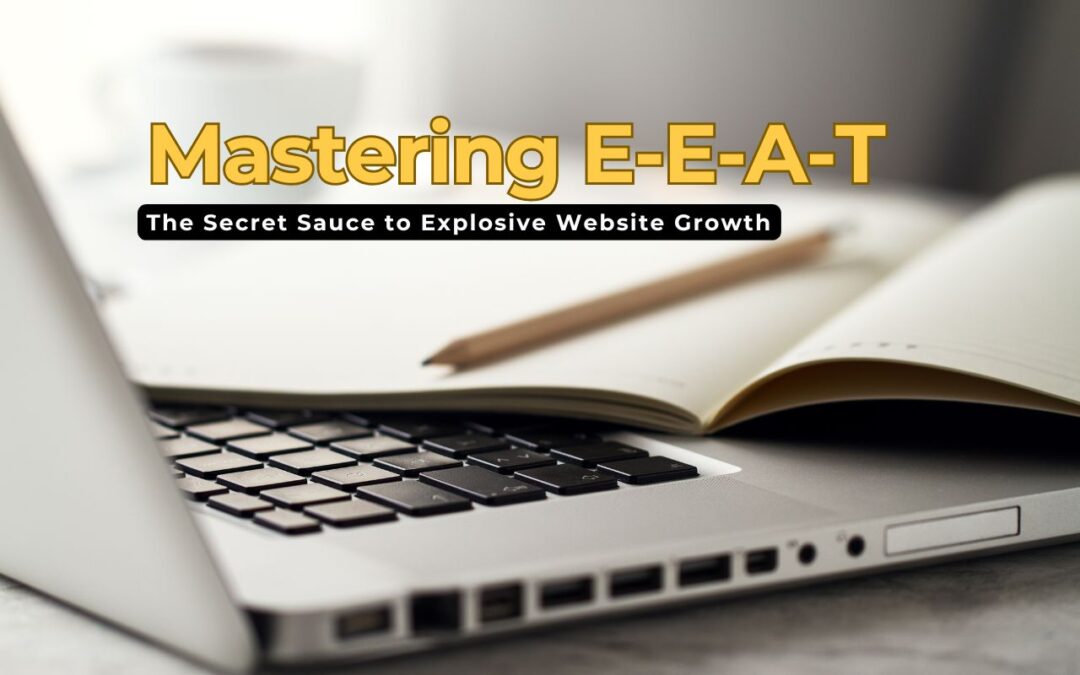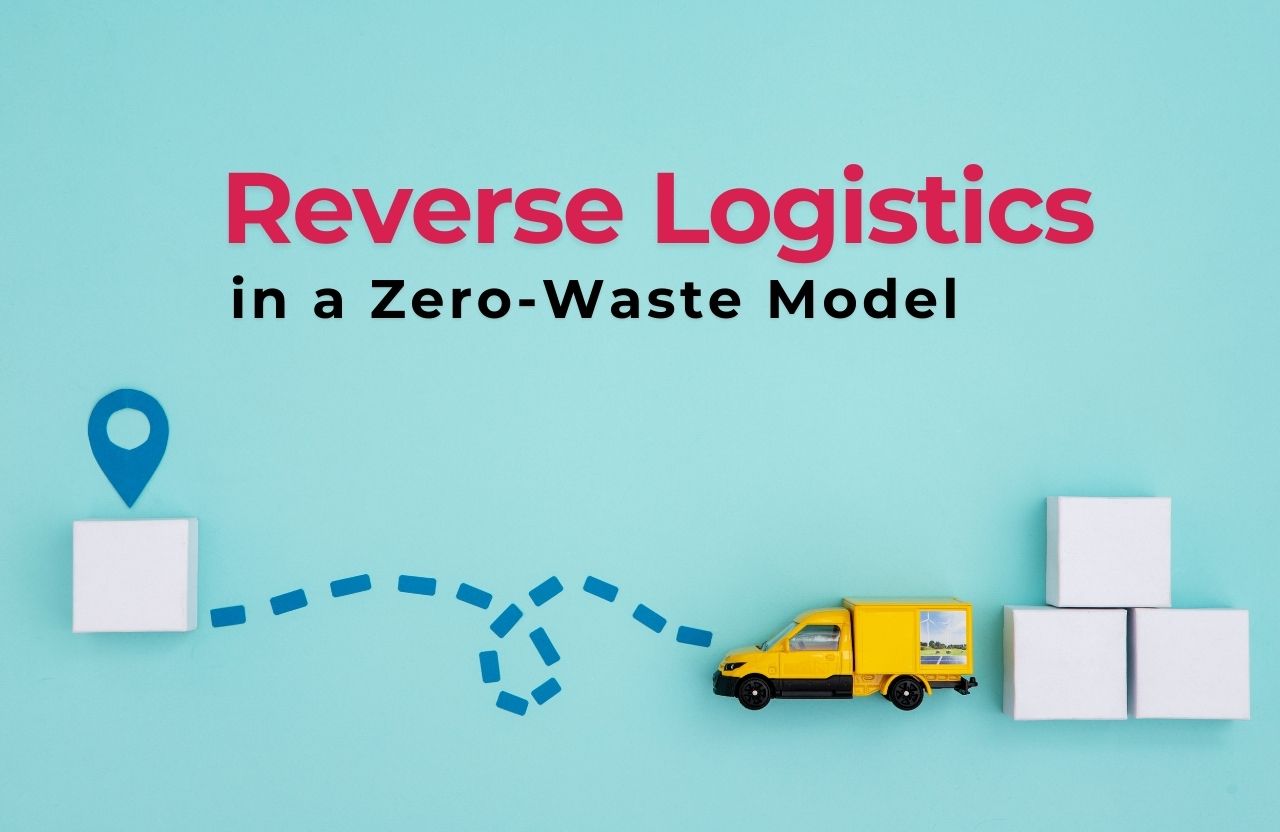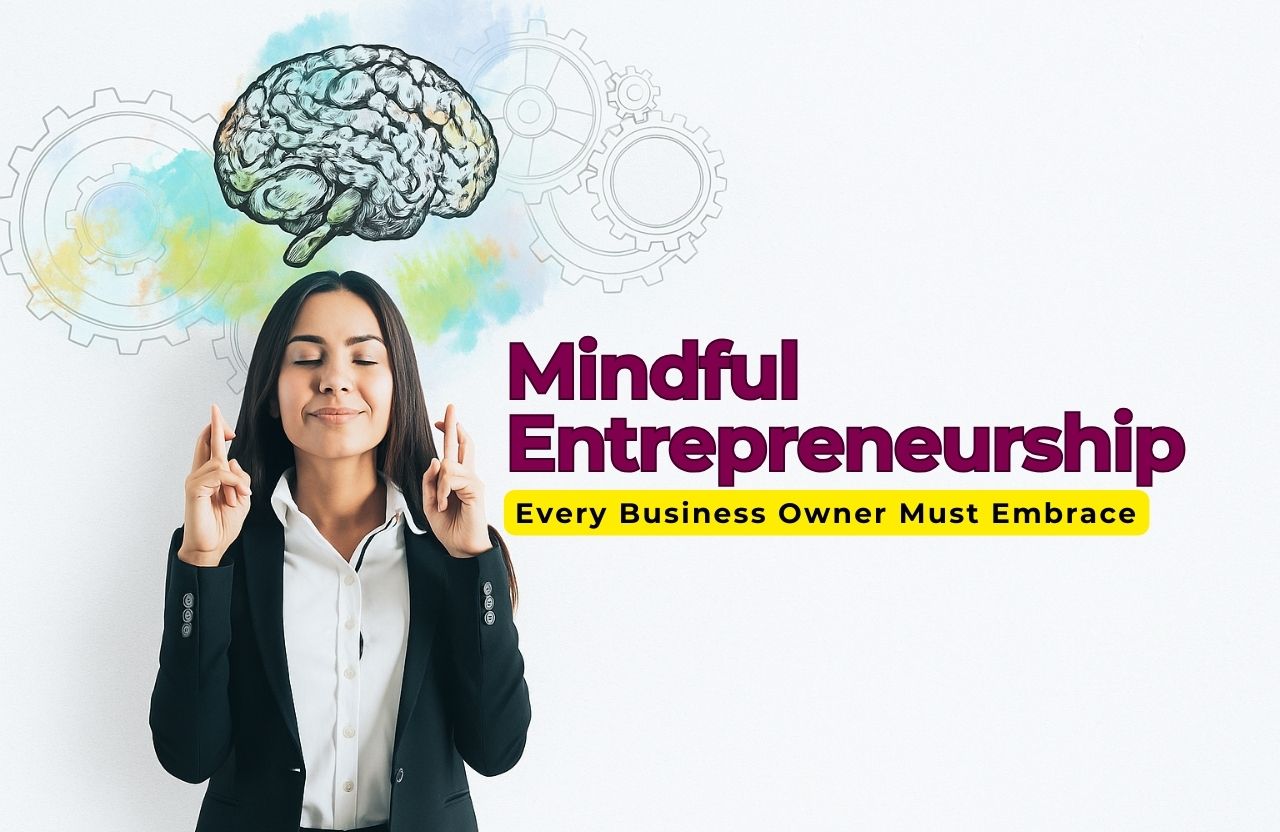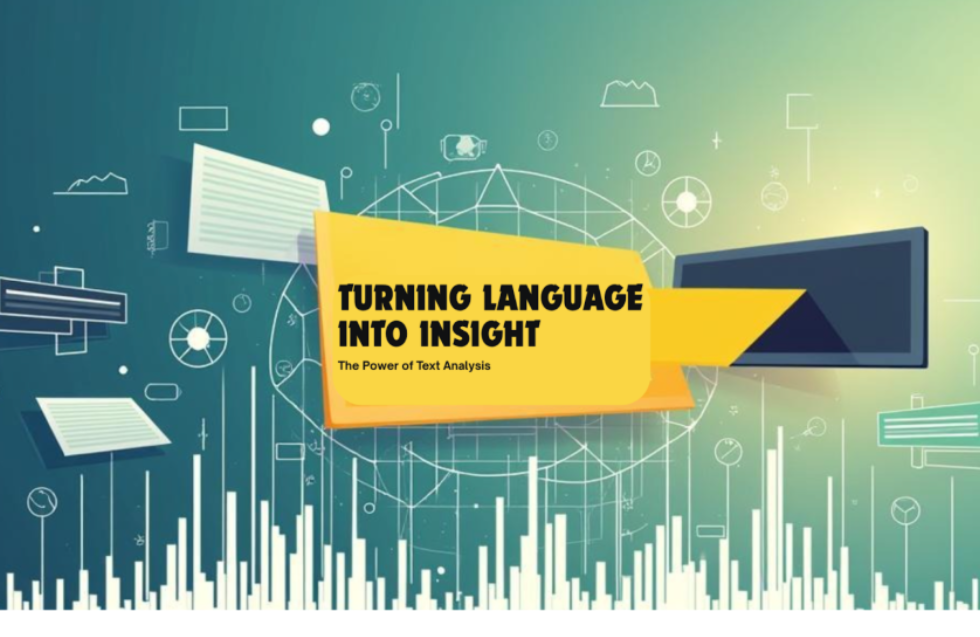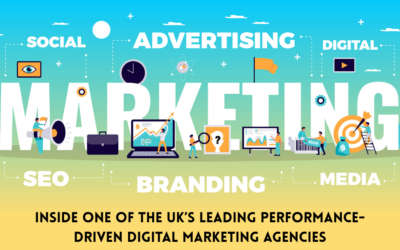What distinguishes a successful site in the internet where content is published every second? It’s not just keywords or backlinks—it’s credibility! This is exactly what Google is now looking for with a very sophisticated algorithm using a framework called E‑E‑A‑T: Experience, Expertise, Authoritativeness, and Trustworthiness.
Whether you are creating a blog, running an e-commerce branded as business, or managing an online magazine, acting according to E-E-A-T is now a must, not a nice-to-have. In this post, I will outline how to improve each of these four pillars to not only satisfy Google’s requirements but build real and lasting relationships with your audience.
1. Improving Experience: Show Don’t Say
Google favors content produced by people who have direct experience. Whether you’re writing a review of a product, a strategy on how to tilt, or a tutorial on how to fix a faucet, sharing personal experiences provides you with authenticity that both an audience and Google reward.
How to show Experience
- Use real stories: Describe how the concept or product played out in real life.
- Use original images or video: Visual representations of your experience (screenshots, photos, and videos) inspire trust.
- Build case studies or walkthroughs: Illustrate your whole process, results and thoughts.
When users encounter this kind of transparency, it makes it easier to connect with your content—and it pulls them back over and over again.
2. Increase Expertise: Back Up Your Knowledge
Expertise is how informed and qualified you are on a subject area. For example, Google is looking to see if you are providing factual, mind-expanding, meaty information written by a subject matter expert.
How to show Expertise:
Personal bylines with credentials: Clearly mention your qualifications, certifications, or experience in your field.
Writing detailed, in-depth content: You should write enough to give answers to both novice and advanced users.
Citing source data and examples: Review your claims with the real data, numbers or credible references.
Even if you are not a certified expert, you can demonstrate strong expertise with solid content material that is based on real learning and studies.
3. Increasing Authoritativeness: Become a Voice of Trust
Authoritativeness indicates recognition and respect in your field of study. Google assumes Authoritativeness to be signaled when others link, quote or site your work.
How to build your Authoritativeness:
Earn backlinks from trusted, reputable websites: This could happen from a guest post, interview, or partnership.
Publish unique, valuable resources: Click bait type of content, and long or short resources that others will want to quote and share.
Working within your niche: join in webinars, podcasts and guest blog posts where your audience is already interacting.
The more you and your content show up in trustworthy places, the more Google views you as a trust worthy source for ranking.
4. Trustworthiness: Keep It Transparent
Trust is the most important of the four E-E-A-T qualities. Users—and Google—have a low tolerance for a site that feels unsafe and untrustworthy. If your site conveys untrustworthiness, users—and Google—will bounce in a hurry.
How to improve Trustworthiness:
- Use HTTPS and ensure a performance compatible with most mobile devices.
- Clearly display contact information, and if the site uses privacy policies and disclaimer pages, clearly display them as well.
- Let your readers know about your last updates, and if you are using affiliate links or any other sponsored content, be honest because only transparency builds trust.
- Include actual reviews or user feedback if relevant.
All this information will convince both search engines and users that your content is reliable, safe, and trustworthy on the part of the content creator.
5. E-E-A-T and You: A Short Checklist
Use the following list to implement E-E-A-T into your site today:
1. Detailed author bios on all blog posts
2. Real examples, original photos, or case studies
3. Regularly review and update the outdated content
4. Long-form guides that respond to all the related questions
5. Relationships to obtain quality backlinks and citations
6. Visiting and monitoring online reviews in addition to having a good reputation
7. Trust signals: SSL, disclaimers, visible contact information
The more you follow these guidelines across your content and design, the more it will help your whole site.
6. Want to Rank on Google? Be Real, Not Buzzwordy
Google uses E-E-A-T as one of its mechanisms to determine if your content is genuinely helpful or just buzzword-optimized nonsense. If your content appears to be manipulative, or has no credibility, or comes from an anonymous or unqualified source, it is much less likely to rank, especially in YMYL (Your Money or Your Life) niches like health, finance, or safety.
Key benefits of great E-E-A-T:
1. More exposure on competitive search terms
2. More time-on-page and lower bounce rates
3. More trust from first-time visitors
4. More backlinks and social shares
5. More protection from algorithm updates
Once your website is built on trust and value, the traffic becomes a little more faithful, and converting becomes a little bit easier.
7. Real-World Illustrations of E-E-A-T in Motion
Example 1: A Wellness Blogger
They share their personal fitness stories, they show images from their workouts, they link to peer-reviewed studies, there are guest articles by certified trainers, and they have been mentioned in health publications and engage voracious subscribers.
👉 Strong Experience, Expertise, and Trustworthiness.
Example 2: A SaaS Business
You can find actual tutorials straight from real developers on their blog, including legitimate screenshots of their tools. They are also constantly updating their content with new uncovered success stories from their users.
👉 It shows real experience while establishing credibility and creates meaningful content.
Summary: Let E-E-A-T be your roadmap to scalable website growth
E-E-A-T is not just “a” factor for success in SEO; it is probably the single most important foundational factor of sustainability with SEO. When your content has first-hand experience, knowledge created by experts in the field, is recognized in your field, and has the feel of trustworthy and transparent, you will be rewarded by both Google and your audience.“Build value, not just visibility, and the growth will happen.”
